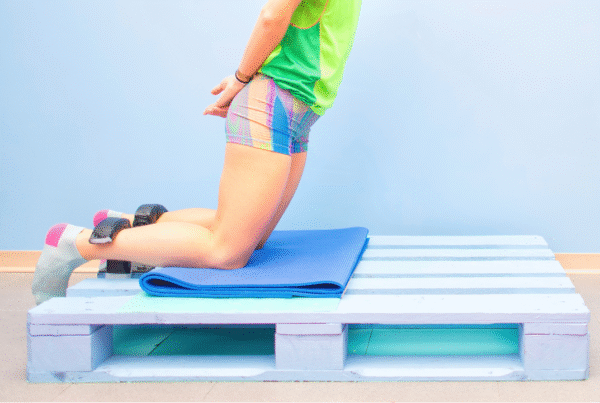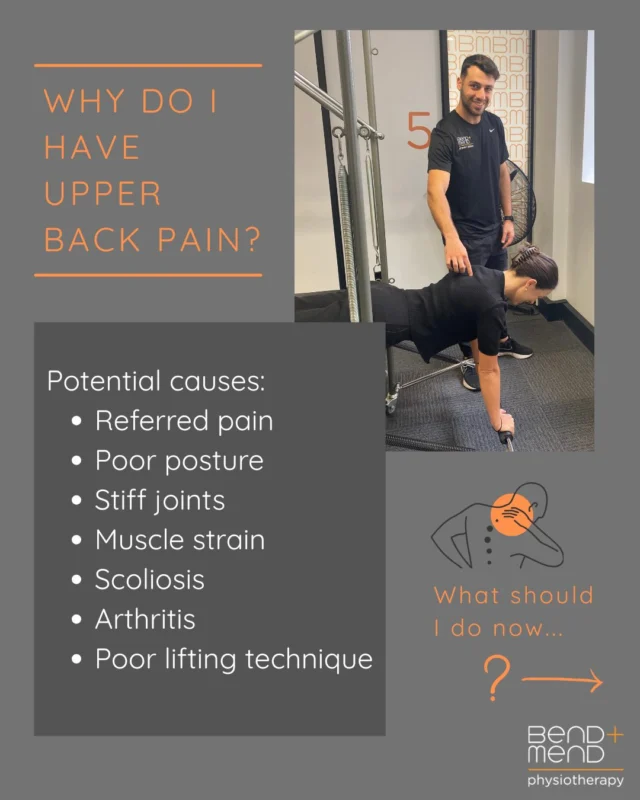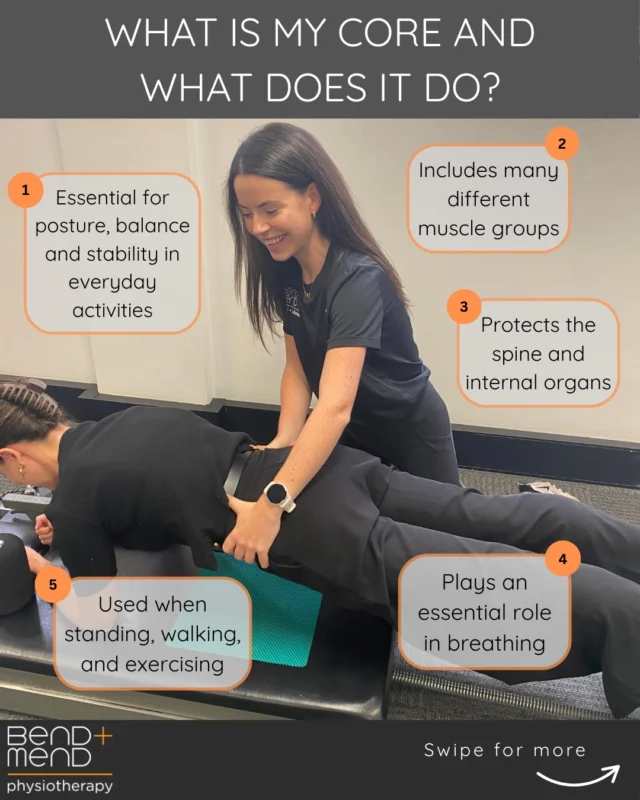Both inside and outside of the clinic, I hear a lot of people talking about joint replacements (particularly knee and hip) as an inevitable factor of ageing. For some people these joints replacements are required, however, there are some clear factors that can help to significantly reduce your risk of surgery. One of these factors is weight loss and obesity. A new piece of research helps us understand the relationship between joint surgery and weight loss. The prospect of losing weight is very multifaceted and complicated, so I will also run through some strategies and ideas to get you started.
A study published this year by Salis et al. 2022 looked at the effect that weight loss had on the risk of undergoing joint surgery. They looked patients over an 8-year period and noted their change in body weight and if surgery had been performed.
The results showed that:
- Every 1% of weight loss led to a 2% reduce in risk of knee replacement and a 3% reduced risk of hip replacements. This was in people who either had clinically significant knee OA or one or more persistently painful hips at the start of the study.
So there is a link between weight loss and reducing the risk of surgery… but now what? We know that if you have been experiencing joint pain for a long time this isn’t likely the first time you have either heard or even tried to lose some weight. So here are just a few tips from me about some usual strategies to try.
- Start slow with exercise.
If you have had joint pain for a long time, there is likely some associated muscle weakness around your hips and knees. It can be the most disheartening feeling when you start exercise to help lose some weight and pain stops you from going any further. Even if its just a 5 min walk, or getting in the pool and walking 2 laps, finding a baseline that you can gradually increase from.
- Eating healthy can be hard … ask for help.
Diet is such an important part of any exercise/weight loss goal, but it can also be confusing. Trying to get the right amount of nutrients to help build muscle and assist bone growth is a lot to tackle. Be sure to talk to your GP or even a dietician to help you plan when it comes to food.
If you need any help managing your pain or getting your exercise journey started, please don’t hesitate to get int touch with one of our friendly Physiotherapists here at Bend + Mend. We been able to help many people avoid surgery by starting a safe and pain-free exercise programme for their joints.
Reference:
Salis, Z., Sainsbury, A., I. Keen, H. et al. Weight loss is associated with reduced risk of knee and hip replacement: a survival analysis using Osteoarthritis Initiative data. Int J Obes 46, 874–884 (2022). https://doi.org/10.1038/s41366-021-01046-3





